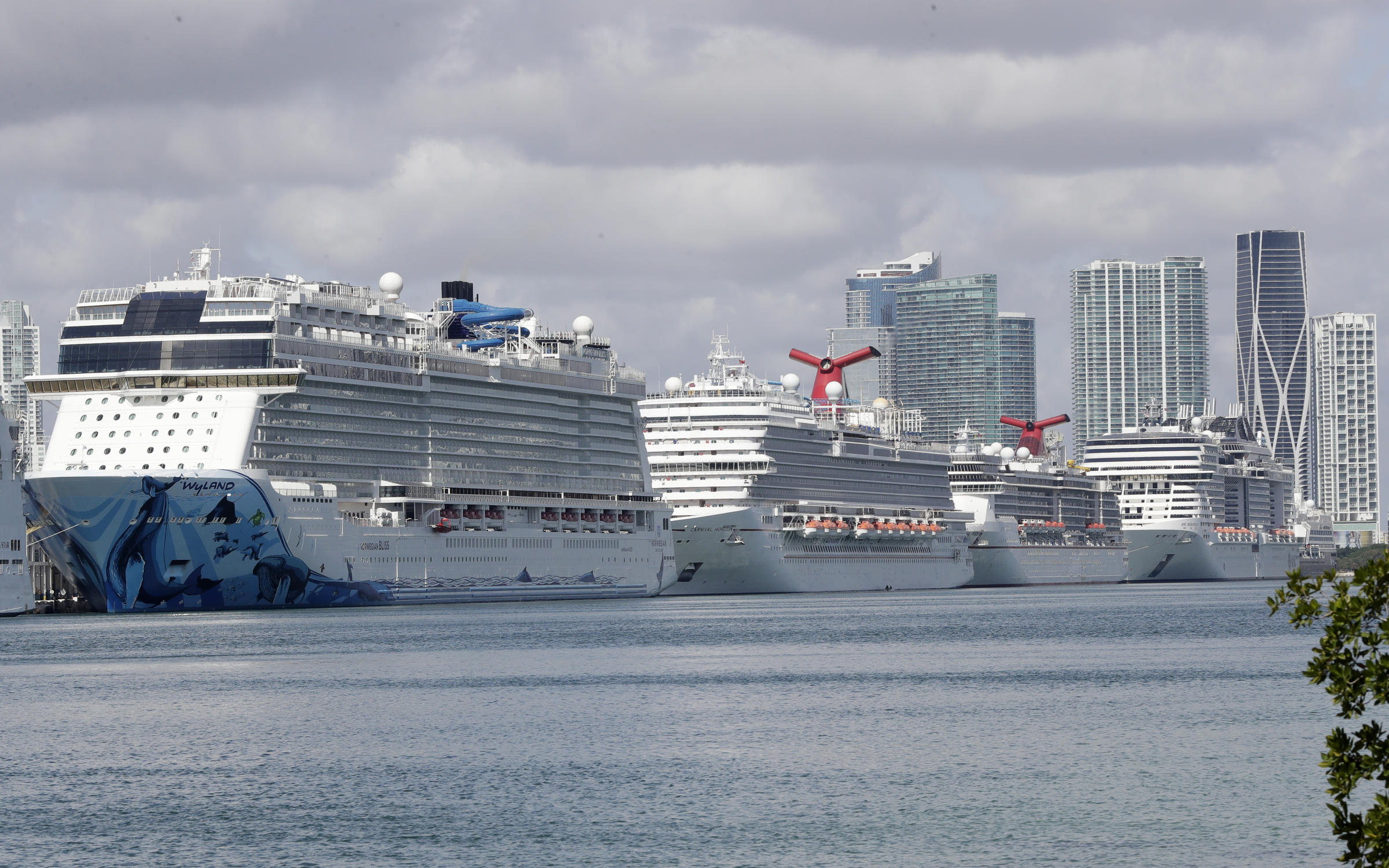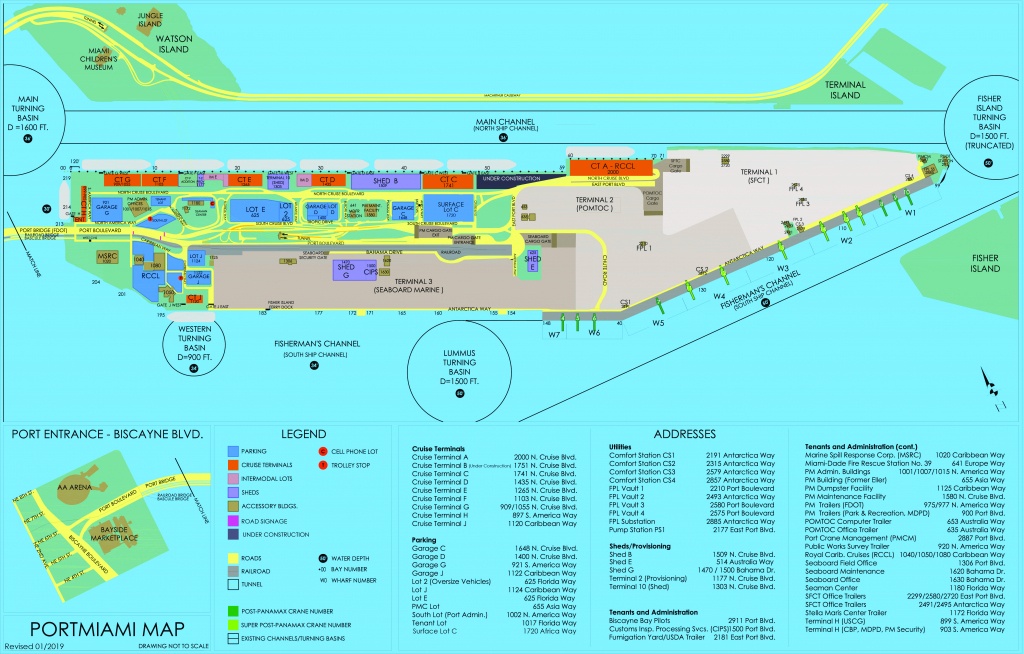Table Of Content
- About The Industry
- What: CLIA’s Report Gives Comprehensive Overview of Cruising’s Past, Present and Future
- Explore TravelAge West
- CLIA Releases New Environmental Data Report for Cruise Industry
- New environmental data report confirms step change in cruise industry uptake of new environmental technologies
- Travel Types

That makes everything difficult, especially navigating the intricacies of governments at all levels. Equipped with robust health and safety protocols that are unmatched in any setting outside of healthcare, as well as the data and analysis that demonstrates the effectiveness of this multi-layered approach, we have made tremendous progress. Approximately six million passengers have sailed on more than 200 ships in 86 markets since July 2020, including more than 100 ships that have returned to US waters, carrying well over one million people from a US port since late June 2021.
About The Industry
We are the only association that brings together ocean cruise lines and river cruise operators with travel agents and the wider cruise community. The cruise industry is one of Europe’s success stories supporting hundreds of thousands of jobs and contributing to economies. The CLIA community includes ocean, river, and specialty cruise lines; a widespread network of stakeholders, including ports and destinations, ship development, suppliers, and business services; and certified travel agent members. The organization’s global headquarters are in Washington, DC, with regional offices located in North and South America, Europe, and Australasia.
What: CLIA’s Report Gives Comprehensive Overview of Cruising’s Past, Present and Future
About the Cruise Lines International Association (CLIA)CLIA is the world's largest cruise industry trade association, providing a unified voice for the industry as the leading authority of the global cruise community. On behalf of its members, affiliates and partners, the organization supports policies and practices that foster a secure, healthy, and sustainable cruise ship environment, promoting positive travel experiences for millions of travelers who cruise annually. This year, CLIA forecasts that annual the number of passengers will reach 31.5 million passengers—surpassing 2019 levels. The organization's global headquarters are in Washington, DC, with regional offices located in North and South America, Europe, and Australasia. For more information, please visit cruising.org or follow us on Facebook, Instagram, Twitter, and YouTube with our handle @CLIAGlobal—or on LinkedIn.
Explore TravelAge West
Caribbean Cruise Ports Lead Segment Surge - TravelPulse
Caribbean Cruise Ports Lead Segment Surge.
Posted: Wed, 17 Apr 2024 19:30:00 GMT [source]
The availability of sustainable marine fuels remains essential to achieving the maritime industry's decarbonisation goals and underscores the need for governments to support research efforts to accelerate development of these fuels so that they are safe, viable and available for use. For the first time, the OE Environmental Report also addresses the challenge posed by the need for new, alternative fuels and the steps the industry is taking to support progress. Specifically, in addition to LNG, over three-quarters of the global cruise fleet by passenger capacity is now equipped to use alternative fuels. CLIA gives the award to a member agency that has demonstrated innovative and visionary leadership in their approach to promoting cruise travel, growing their cruise travel sales and supporting their affiliated travel advisors. Liberty became Royal Caribbean Group's president and CEO in early 2022, following a career spanning nearly two decades in the cruise industry and having served as the company's Chief Financial Officer for many years.
Financial Services & Investing
The industry has all the measures and response mechanisms in place to keep sailing responsibly, and to execute contingency plans as needed to help keep people happy and safe as we resume operations around the world. Based on analyses by SeaLNG and others, LNG is the fossil fuel currently available at scale that has the best performance in reducing atmospheric emissions. LNG has virtually zero sulfur emissions and particulate emissions, reduces NOx emissions by approximately 85%, and achieves up to a 20% reduction in greenhouse gas emissions.
Seven new-build ships are planned to run on zero-carbon fuels, including five ships that will use green methanol and two envisioned to use green hydrogen. Several CLIA member lines are using or testing the ability to run on renewable fuels, such as biofuels and synthetic carbon fuels, on new build ships. All CLIA new build ships are specified for advanced wastewater treatment systems which will bring the total to 242 ships, representing 80% of the fleet and 84% of global capacity.
CLIA, MMGY, Travelzoo present research on UK & Ireland cruising - Seatrade Cruise News
CLIA, MMGY, Travelzoo present research on UK & Ireland cruising.
Posted: Wed, 17 Apr 2024 10:50:43 GMT [source]
New environmental data report confirms step change in cruise industry uptake of new environmental technologies
And by August 2022, 100% of cruise lines are expected to resume operations, thanks in part to rigorous health and safety protocols. Cruise-sellers would do well to brush up on their cruise knowledge with this report and include relevant data points when crafting client pitches. Examples of progress cited include the number of alternative fuels pilot programs and trials currently in place with cruise ships. In addition, an increasing number of vessels sailing and launching over the next five years will either use alternative fuels or will be able to incorporate zero carbon fuels when they become available. The 2023 report also demonstrates other significant investments cruise lines are making to reduce emissions at berth and at sea, such as shoreside electricity, which allows cruise ships to switch off engines for significant emissions reduction while in port. The global chair for CLIA provides leadership to the CLIA Global Executive Committee and the Board of Directors, responsible for establishing the overall strategic direction of the association on behalf of its cruise line members representing 95% of the world's ocean-going cruise lines.

Travel Types
The 2023 study also shows other substantial investments cruise lines are making to cut emissions at berth and at sea—including shoreside electricity (SSE), which allows cruise ships to switch off engines in port, resulting in significant carbon reductions. During the next five years, an increasing number of cruise ships sailing and launching will either use alternative fuels or will be able to include zero-carbon fuels when they become available. "I look forward to working with CLIA leadership and our partners around the world to further position cruise vacations as an accessible and responsible option for today's travelers that create positive ripple effects across the globe." “Cruise lines continue to transform the modern fleet to protect the oceans, air, and destinations enjoyed by millions of passengers each year.
View All Financial Services & Investing
About the Cruise Lines International Association (CLIA) CLIA is the world's largest cruise industry trade association, providing a unified voice and leading authority of the global cruise community. On behalf of its members, affiliates, and partners, the organization supports policies and practices that foster a secure, healthy, and sustainable cruise ship environment, promoting positive travel experiences for the nearly 30 million passengers who have cruised annually. The CLIA community includes the world's most prestigious ocean, river, and specialty cruise lines; a highly trained and certified travel agent community; and widespread industry stakeholders, including ports & destinations, ship development, suppliers, and business services. CLIA represents 95% of the world's ocean-going cruise capacity, as well as 54,000 travel agents, and 15,000 of the largest travel agencies in the world. The organization's global headquarters are in Washington, DC, with regional offices located in North and South America, Europe, Asia, and Australasia. For more information, please visit cruising.org or follow us on Facebook, Instagram, Twitter, and YouTube with our handle @CLIAGlobal—or on LinkedIn.
He served as Royal Caribbean Group’s chief financial officer for many years before becoming president and CEO in early 2022. As CLIA chairman, Liberty will provide leadership to the CLIA Global Executive Committee and the board of directors. He will also be responsible for establishing the overall strategic direction of the association on behalf of its cruise line members, who represent 95 per cent of the world’s ocean-going cruise lines. “The 2022 State of the Cruise Industry Outlook report provides an opportunity to reflect on how far our industry has come as CLIA ocean-going cruise lines have welcomed more than 6 million guests onboard since resuming operations in July 2020,” said Kelly Craighead, president and CEO of CLIA.
On behalf of its members, affiliates, and partners, the organization supports policies and practices that foster a secure, healthy, and sustainable cruise ship environment. Despite the challenges the cruise industry continues to face — including a new CDC warning against cruising, a downturn in bookings and delayed or suspended services, CLIA’s report paints a picture of smoother waters ahead. CLIA cruise line members have committed to sustainable operations; by 2027, CLIA will have 26 Liquified Natural Gas (LNG)-powered cruise ships and 174 ships with shoreside power connectivity.
This time last year there was still a wave of uncertainty in the air about the future of the cruise industry. Cruise is one of the fastest growing sectors of travel and tourism and is forecasted to reach 106% of 2019 levels in 2023—with 31.5 million passengers sailing—and approximately 35 million passengers in 2024. Four CLIA ships sailing today use renewable biofuel as an energy source, and an additional four new ships are expected to be configured for renewable biofuels. 2023’s order book data shows that cruise lines are continuing to invest in new vessels with 44 new ships on order during the next five years, representing an investment of $62 billion since 2019. John Lovell, president of Travel Leaders Group, was also awarded a lifetime achievement award at the event.
CLIA’s 2023 report has identified that 48% of new-build capacity will be designed with LNG engines and fuel supply systems. These ships are part of a future generation of vessels that will be capable of running on renewable marine fuels once fuel providers are able to make them available at scale. Twenty-five of the new ships will be liquified natural gas (LNG) powered, and 7 will be either methanol ready-on-delivery, or methanol capable—an investment in innovative engine technology that is driving the maritime transition to a future powered by low- to zero-carbon fuels. Renewable fuels and alternative energy sources – Various CLIA member lines are trialing, using, and incorporating into new-build ships the capability to run on renewable fuels, including biofuels and synthetic carbon fuels. Christine Duffy, president of Carnival Cruise Line, was honored with a lifetime achievement award for being a lifetime champion of cruise travel who has made monumental contributions to the cruise industry.
Cruise Lines International Association (CLIA) has named Jason Liberty, Royal Caribbean Group’s president and CEO, as its new chairman. Liberty succeeds Pierfrancesco Vago, executive chairman of MSC Cruises, who was appointed in January 2021.




